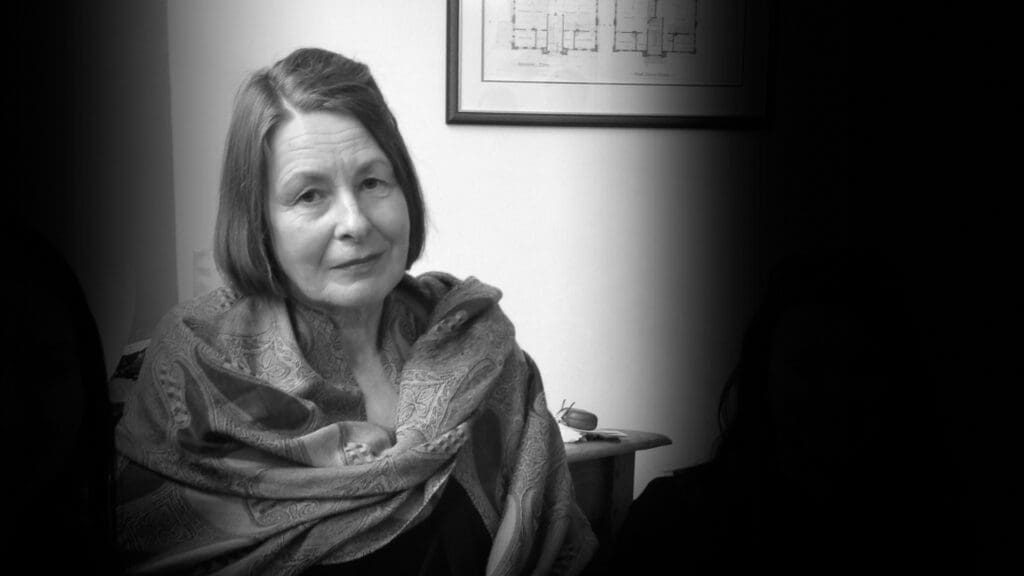Federal government must pursue ambitious reforms to secure a healthier democracy: 2022 election review
The Human Rights Law Centre will today appear before the Joint Standing Committee on Electoral Matters (Committee), to advocate for reforms that will make elections fairer and our democracy stronger.
The Committee is holding its first day of hearings from civil society organisations into the review of the 2022 federal election. The Committee’s terms make specific reference to ensuring Aboriginal and Torres Strait Islander people are able to easily enrol and vote, introducing election spending caps, increasing the transparency of political donations, and introducing truth in political advertising laws.
The Human Rights Law Centre has made 25 recommendations, covering:
-
reforms to reduce the influence of harmful industries in Australian politics, including making political donations more transparent and capping election spending;
-
prohibiting inaccurate or misleading electoral matter; and
-
removing barriers to voting for different communities, including for Aboriginal and Torres Strait Islander people living on homelands, people with disability, people in prison, people aged 16 and 17, and permanent residents and New Zealand citizens residing long term in Australia.
Alice Drury, Acting Legal Director of the Human Rights Law Centre, said:
“Political integrity and the health of our democracy were front-and-centre issues in the 2022 federal election. This Committee has a strong mandate to recommend ambitious reforms that will secure a more robust democracy for generations to come.
“We urgently need limits on election spending and laws to prohibit candidates from misleading voters, to ensure election debates are balanced and fair. The government must ensure Aboriginal and Torres Strait Islander people on homelands can easily enrol and vote. We need the government to address the barriers to voting commonly experienced by people with disability.
“The Committee has an important opportunity to protect and strengthen the right to vote in Australia. The right to vote is at the heart of our democracy.”
Media contact:
Michelle Bennett: 0419 100 519
Media Enquiries
Chandi Bates
Media and Communications Manager

Legal challenge filed against Tasmanian Parole Board’s decision to gag free speech
The Human Rights Law Centre has filed legal proceedings on behalf of Tasmanian grandmother, Susan Neill-Fraser, to challenge a restrictive parole condition placed on her by the Tasmanian Parole Board seeking to limit her ability to speak to the media.
Read more
University of Melbourne urged to drop repressive anti-protest and surveillance policies
The University of Melbourne is being urged to abandon policy changes that restrict staff and students’ right to protest and permit the widespread surveillance of people using their wifi network.
Read more
Expanded protections for marginalised groups welcomed in Allan Government’s anti-vilification laws
The Human Rights Law Centre welcomes the additional protections for marginalised groups in anti-vilification laws passed today by the Allan Government. These laws expand protections from vilification to include people from LGBTIQA+ and disability communities, and provide communities with important civil law avenues to address vilification.
Read more


